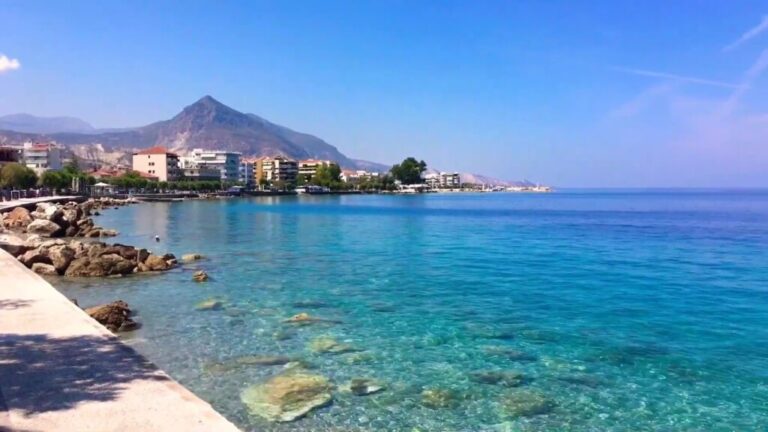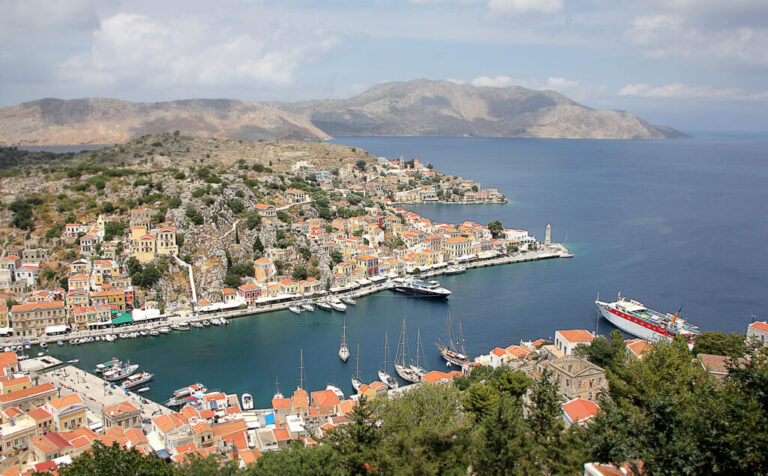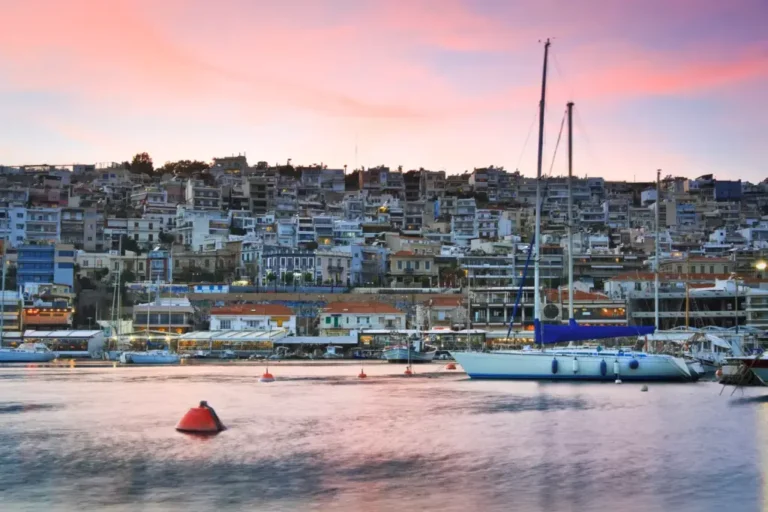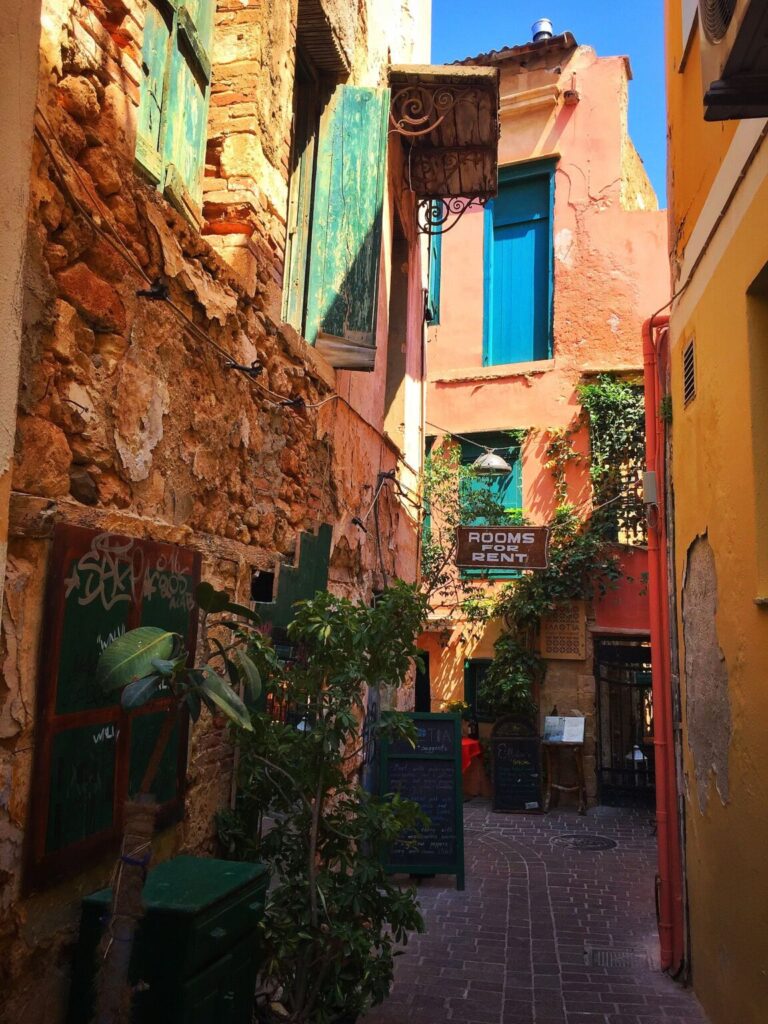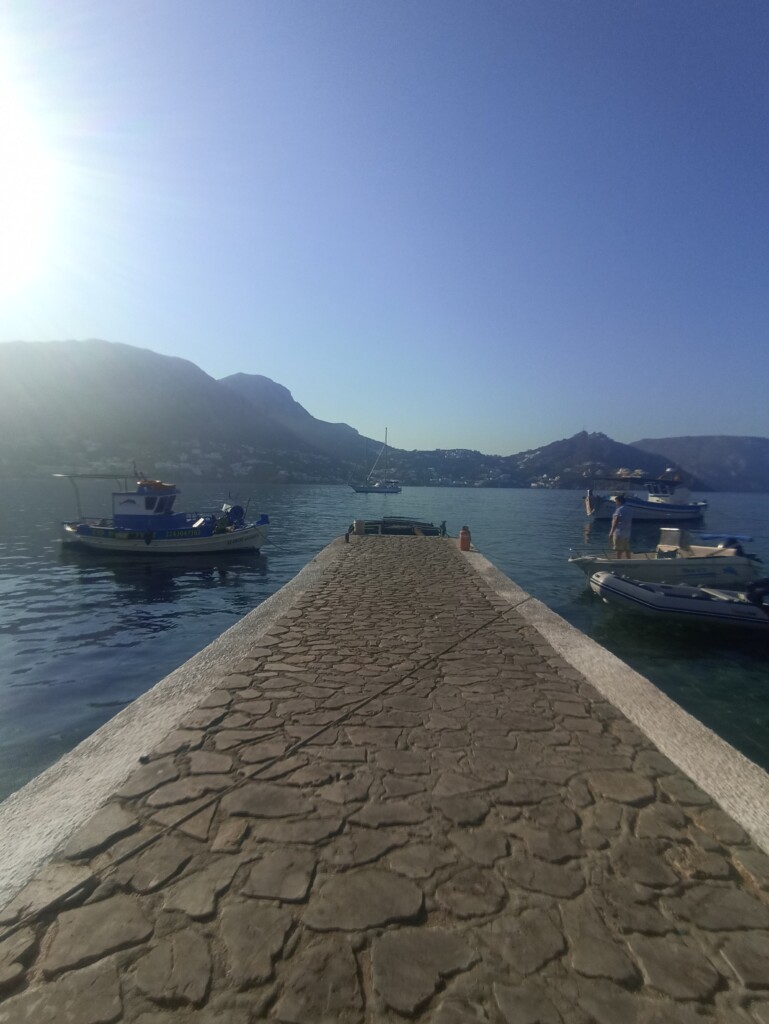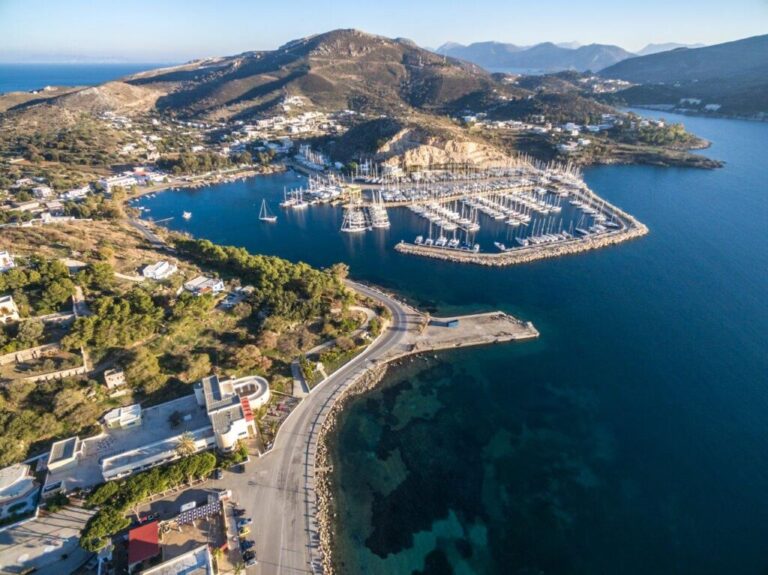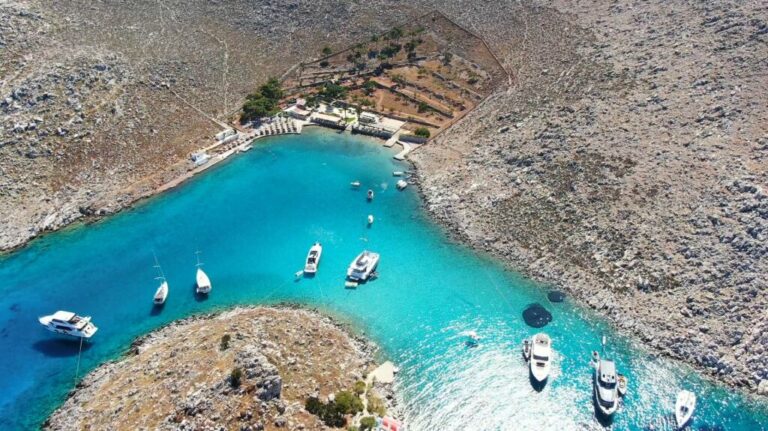Sorry, no records were found. Please adjust your search criteria and try again.
Sorry, unable to load the Maps API.
Sailing to Greece A map of the best ports and anchorages
Live ranking of your favorite ports and anchorages in Greece: leave reviews, share your best photos, or add a new spot you’ve discovered. Join the discussion on Greece Sailing Group for the latest news.
Most popular anchorages in Greece
(Add an anchorage)Always choose the safest spot. Try zooming in to avoid seaweed fields, then click to start your list of favorites.
-
On all the north shore of the bay, including the north side of the channel, anchoring is prohibited.
-
Nice bay with lots of room. The fisherman have invested the place near the coast with moorings. A lo… Read more about this listing
-
Mike Ormos Xylokastro
This anchorage just east of the harbor entrance is a gem. You can anchor at 10-15m with great holdin… Read more about this listing
-
Beautiful anchorage next to an old Venetian castle dating to the 1200s.
-
Very good protection against north wind and swell despite the straight but stay south of the Psarali… Read more about this listing
-
The bay is well-protected from most winds, making it a reliable spot for anchoring. The seabed is mo… Read more about this listing
Most popular ports and marinas in Greece
(Add a port)Find a berth for your boat. Keep an eye on the tide and weather forecast, then click to call the port.
-
Loumis Porto Heli Marina
Nice place with a little church, bars and restaurants.
-
Symi is a gem! Docking involves stern-to with a buoy at the bow, so get ready for a bit of manoeuvri… Read more about this listing
-
Usually the extremity of the pier is available for visitors. Don’t except more than one spot or two … Read more about this listing
-
If you find yourself moored on the west quay, you’ll likely enjoy some peace and quiet away from the… Read more about this listing
Discussion
Home › Greece Sailing Group
- This forum is empty.
- Oh, bother! No topics were found here.
- You must be logged in to create new topics.
Do you have a question about sailing in Greece?
A recent news? An event? Anything specific? Join the conversation on Greece Sailing Group!Other sailing itineraries in Greece








